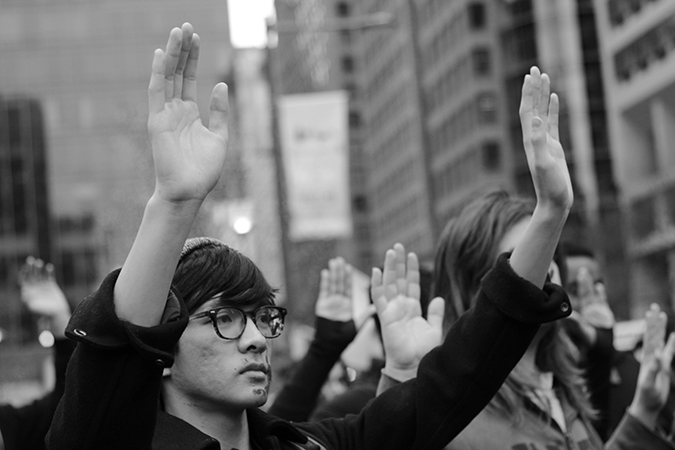
Last Week – Part 1 of 3: What is Unconscious Bias
As NIH employees, we serve the public by conducting and supporting health discovery. Our innovations provide hope to those that need it most: hope for increased mobility or a full night’s sleep, hope for pain relief or a healthy child, hope for a second chance or a graceful goodbye. In their time of need, the people who are bearing the brunt of disease or caring for their loved ones are looking to NIH for answers. What we do, and how we do it, matters.
Unconscious bias is subtle, yet powerful. Left unchecked, bias can subvert the best of intentions by clouding judgment, limiting creativity, and contaminating findings. The quality of our research, and the health of those who depend on it, hinges on our ability to recognize and address our unconscious biases so that we make sound, neutral judgments.
Coming Next Week – Part 3 of 3: What can we do to overcome unconscious bias?






